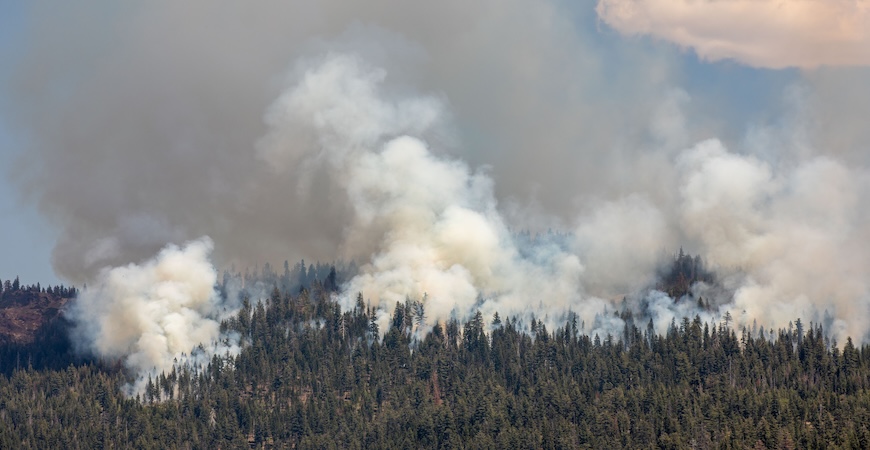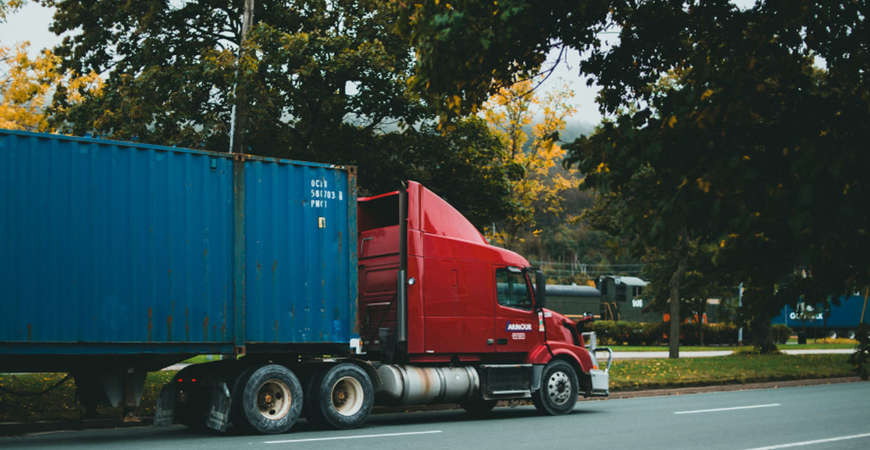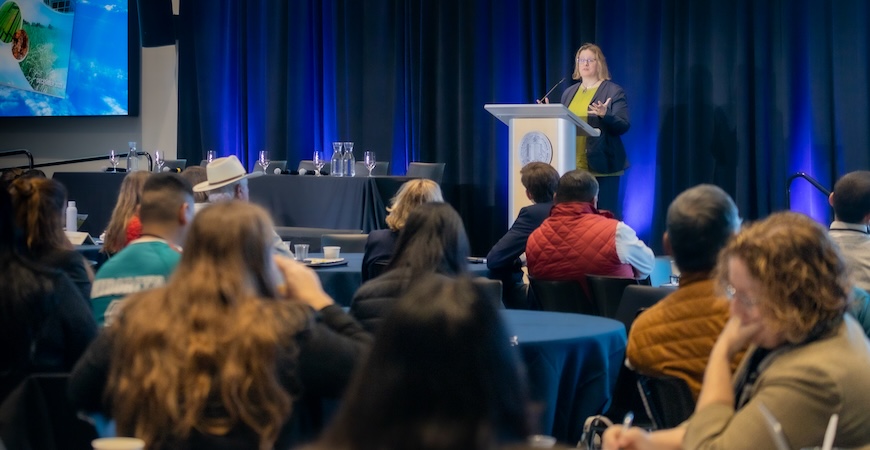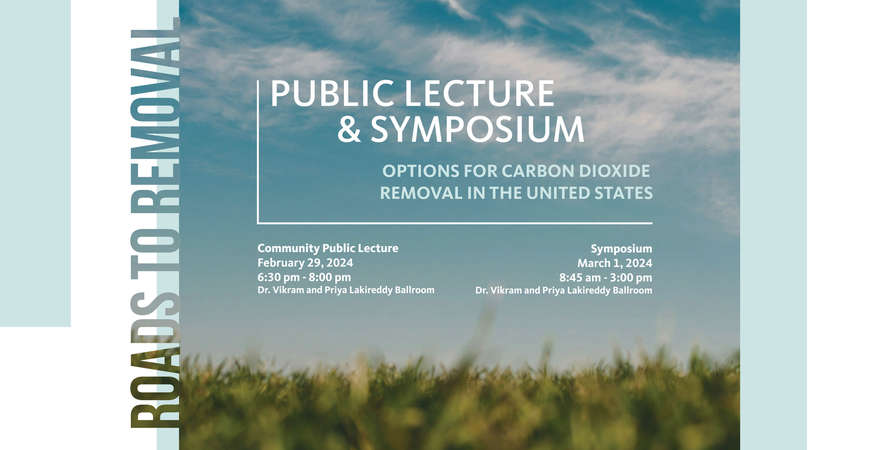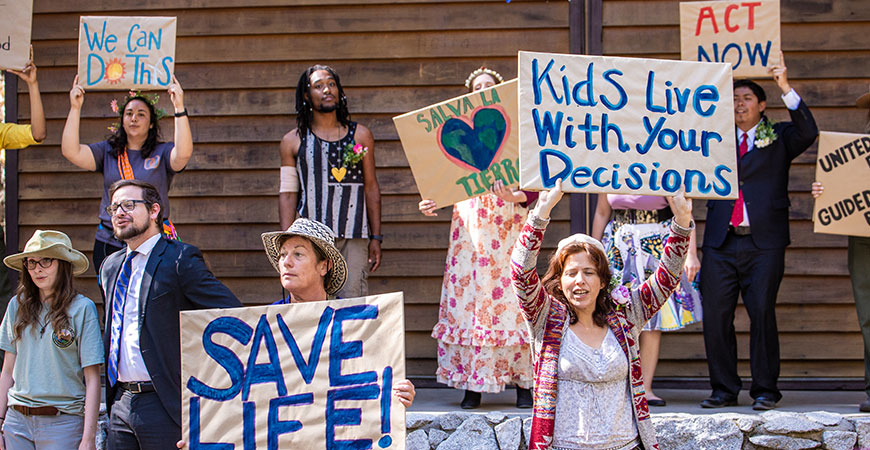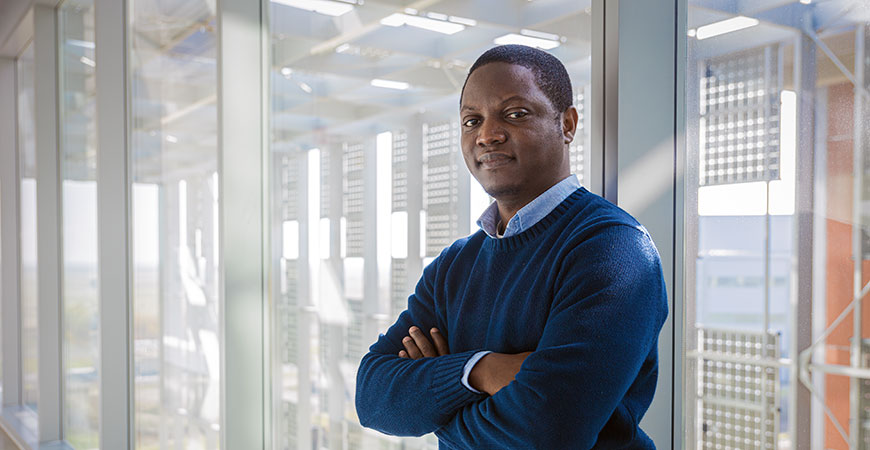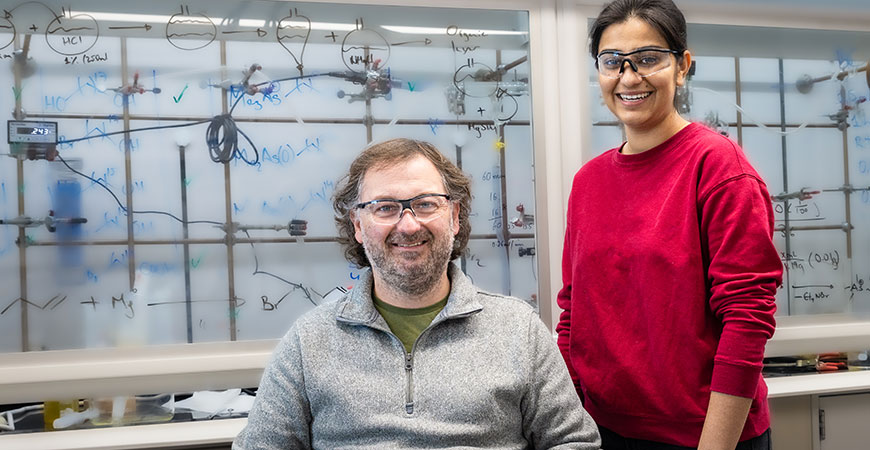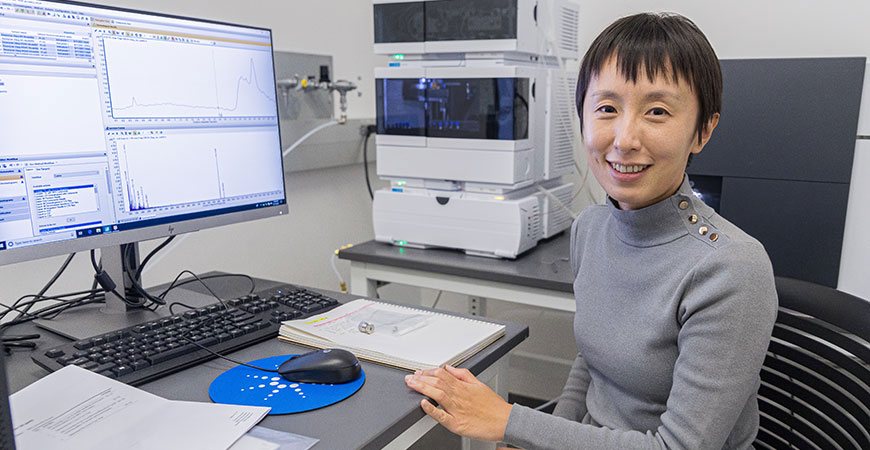Storing carbon in forests is an essential, nature-based buffer against climate change. Yet forests packed with too many trees increase the threat of severe wildfires, which are becoming all too common in warmer, drier conditions.
A team of UC Merced and collaborating researchers evaluated the...

